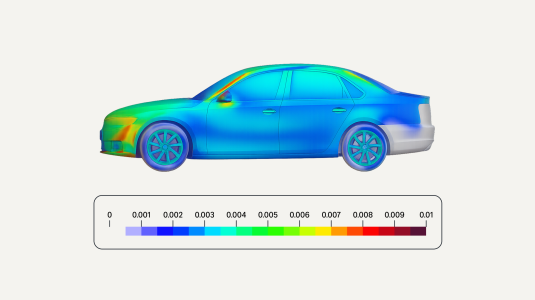Customer-obsessed science


Research areas
-
September 26, 2025To transform scientific domains, foundation models will require physical-constraint satisfaction, uncertainty quantification, and specialized forecasting techniques that overcome data scarcity while maintaining scientific rigor.
-
Featured news
-
VLDB 20242024Data Governance is an increasingly critical feature of modern cloud database systems, enabling administrators to set granular access policies on their data. AWS customers want to define row or column filtering on their blob storage data and access it using popular tools such as Apache Spark. AWS EMR provides a managed and serverless solution that lets users run Spark jobs in the AWS cloud with imperative
-
ACL 2024 Workshop on NLP for Conversational AI, Findings of EMNLP 20242024API call generation is the cornerstone of large language models’ tool-using ability that provides access to the larger world. However, existing supervised and in-context learning approaches suffer from high training costs, poor data efficiency, and generated API calls that can be unfaithful to the API documentation and the user’s request. To address these limitations, we propose an output-side optimization
-
Search Engine marketing teams in the e-commerce industry manage global search engine traffic to their websites with the aim to optimize long-term profitability by delivering the best possible customer experience on Search Engine Results Pages (SERPs). In order to do so, they need to run continuous and rapid Search Marketing A/B tests to continuously evolve and improve their products. However, unlike typical
-
2024By combining natural language understanding, generation capabilities, and breadth of knowledge of large language models with image perception, recent large vision language models (LVLMs) have shown unprecedented visual reasoning capabilities. However, the generated text often suffers from inaccurate grounding in the visual input, resulting in errors such as hallucination of nonexistent scene elements, missing
-
2024Recent video masked autoencoder (MAE) works have de-signed improved masking algorithms focused on saliency. These works leverage visual cues such as motion to mask the most salient regions. However, the robustness of such visual cues depends on how often input videos match underlying assumptions. On the other hand, natural language description is an information dense representation of video that implicitly
Collaborations
View allWhether you're a faculty member or student, there are number of ways you can engage with Amazon.
View all














































